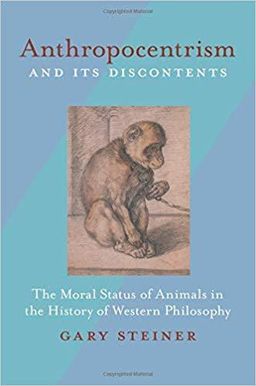Hakkında
Unvan:
Yazar, Felsefe Profesörü
Okurlar
1 okur okudu.
Sözler ve Alıntılar
içgüdüsel çığlıklar
Darwin argues for the genesis of human language from rudimentary animal communication, thus echoing Herder’s belief that human speech has its origin in the imitation of natural sounds. Darwin “cannot doubt that language owes its origin to the imitation and modifications of various natural sounds, the voices of other animals, and man’s own instinctive cries, aided by signs and gestures.”
Sayfa 191
We derive from nature herself the impulse to love those to whom we have given birth.
Sayfa 90 - Aristotle and The Stoics | “oikeiosis”
This idealization of naturalness has implications for our relationship to animals. Rousseau links the advent of war and practices such as hunting and fishing to the increase of human population and the resulting need for industry. “As the human race spread, difficulties multiplied along with men. ... Along the sea shores and the river banks they invented the hook and line and became fishermen and eaters of fish. In the forests, they made bows and arrows, and became hunters and warriors; in cold countries, they clothed themselves with the skins of beasts that they had slain.”
Sayfa 179 - konu seçmek benim için çok zor oluyor; felsefe bu, yok yok biyoloji, hayır antropoloji odakta, yoksa bilimi karıştırmadan sadece doğa mı desem..
Schopenhauer’s starting point in describing experience is embodied perception. “Our own body ... is the starting point for each of us in the perception of the world. ... The body is for us the immediate object, in other words, that representation that forms the starting-point of the subject’s knowledge."
Sayfa 185
ahlakın gerçek temeline karşı somut merhamet
Against Kant, who appeals to abstract rational principle, Schopenhauer appeals to concrete compassion as the true basis of morality. The core of moral obligation “is the everyday phenomenon of compassion, of the immediate participation, independent of all ulterior considerations, primarily in the sufering of another, and thus in the prevention or elimination of it; for all satisfaction and all well-being and happiness consists in this.
Sayfa 187
İletiler
Henüz kayıt yok
Yorumlar ve İncelemeler
Henüz kayıt yok
